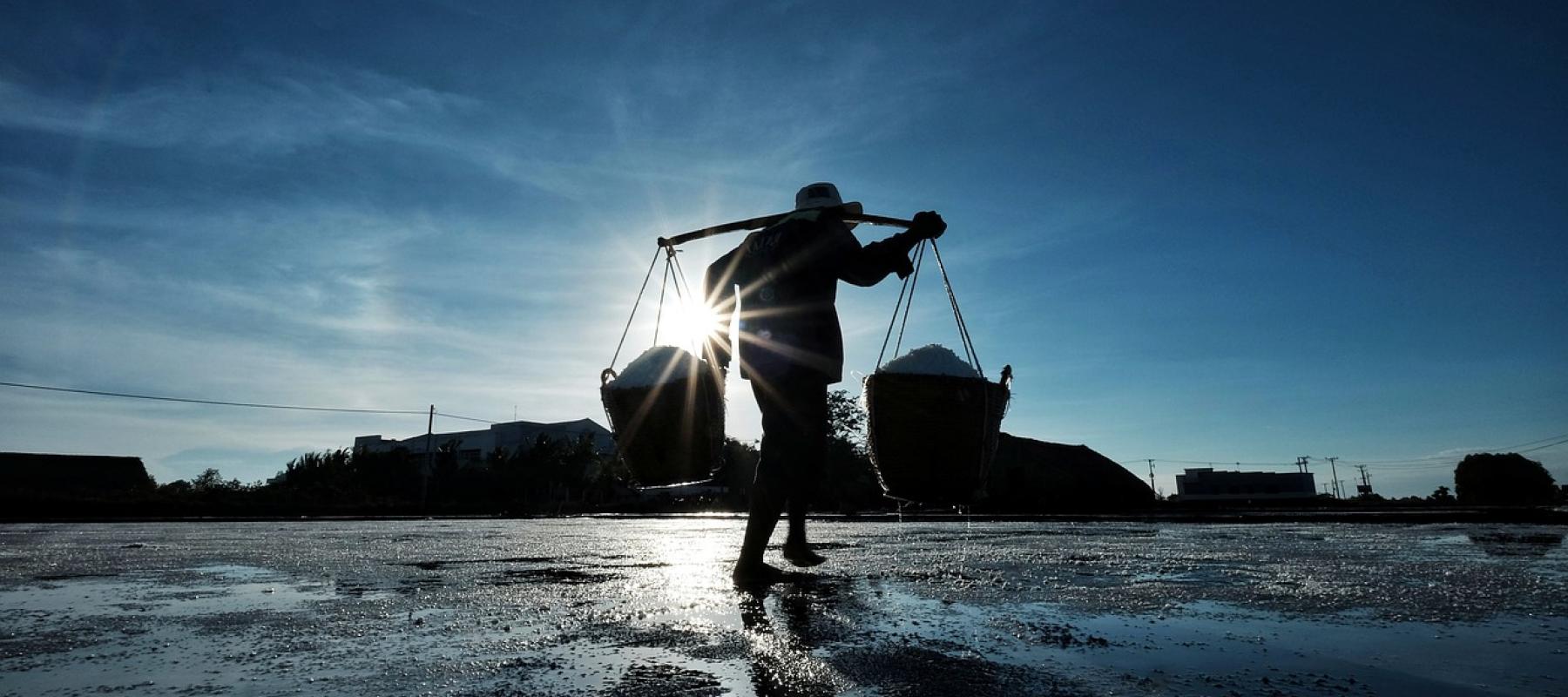Project Description
This project examines the regulation of labour exploitation at the intersection of different legal regimes and considers which legal regimes create conditions for or tackle labour exploitation and how. Legal regimes under investigation include international human rights law, employment law, criminal law, business and supply chain regulation and international trade law. The project is interested in identifying the threshold at which violations of labour rights require intervention by criminal law as well as the dynamic between civil and political rights, protecting against the most serious forms of exploitation, and socio-economic rights, addressing less grave infringements of labour standards. This enquiry also considers the links between the practices of ‘modern slavery’ and historical slavery, differences between forced labour and labour exploitation, and draws on the debates about the role of labour exploitation in capitalism.
Further questions include:
- Differences in how states approach labour exploitation ‘at home’ – through regulation of labour market and criminal law – and abroad – through supply chain regulation and trade agreements, and the role of the private sector in addressing both.
- The roles of and relationship between different stakeholders involved in tackling labour exploitation, including: state agencies, judiciary, businesses, trade unions, and CSOs.
- The extent to which domestic immigration regulation fuels labour exploitation and how breaches of immigration law affect an individual’s entitlement to labour (and human) rights protection.
The concept of ‘human rights due diligence’ and its usefulness in tackling labour exploitation in global supply chains.



